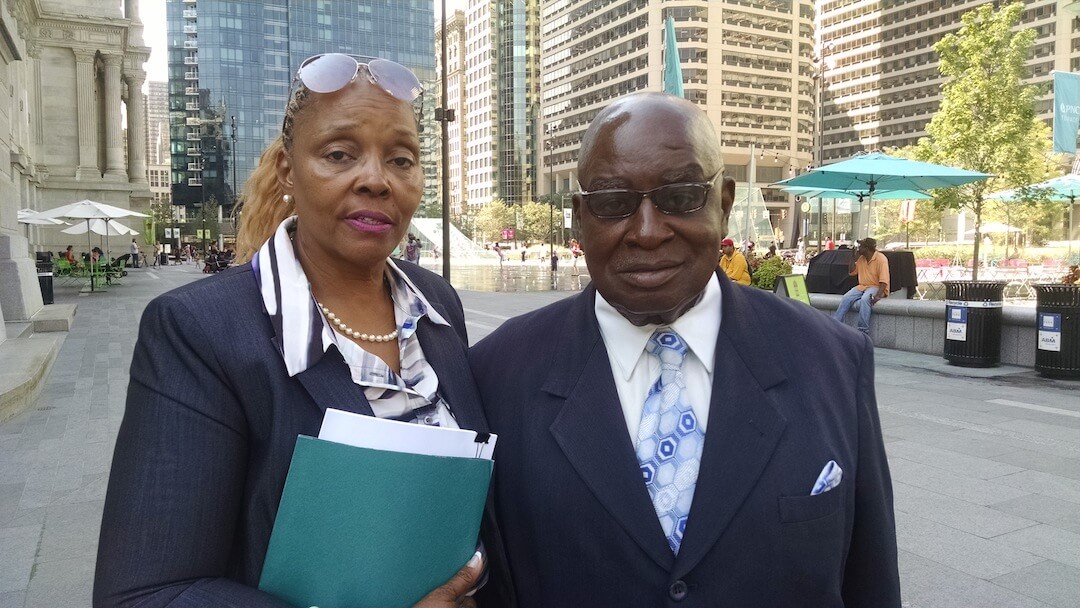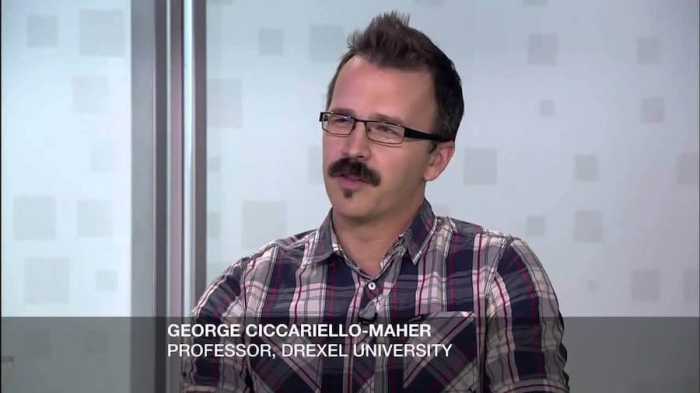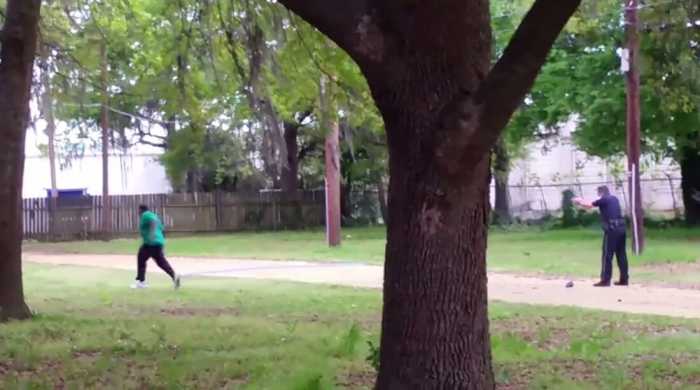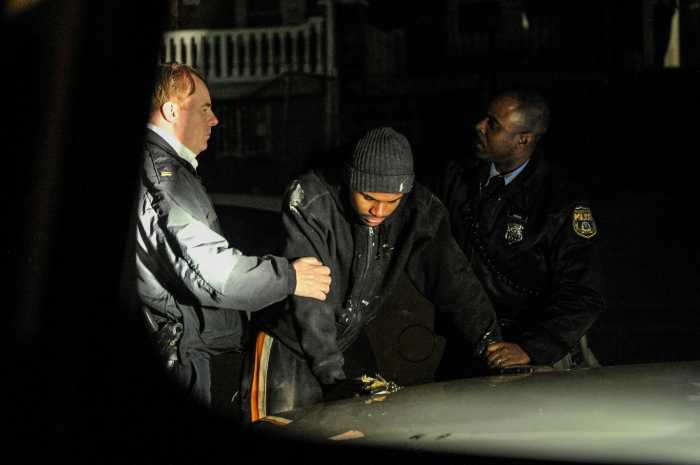A South Philly casino project is a “potential landmine” for the city due to a history of allegations of racism against the developers behind the project, activists said on Tuesday — and sources say that national leaders from the NAACP tried to squelch the report. “Indicted,” a report released by the Pennsylvania chapter of the Al Sharpton-founded National Action Network (NAN), details years of racial discrimation allegations against Cordish Companies, the developer behind the proposed Live! Hotel & Casino for South Philadelphia. Related link:Racism claims against Live! casino developer cited at hearing “We were mortified by what we found out,” said Pennsylvania National Action Network chapter leader Pamela Peebles — citing interviews with African Americans who sued Cordish facilities in Missouri and Kentucky. These racially discriminatorypractices allegedly ranged from hiring a white man known as a ‘rabbit’ to start arguments with black customers to get them ejected, to instituting dress codes banning sagging pants and very long shirts, purportedly to bar minority guests, according to NAN. In a strange twist, Cordish was previously exonerated of the past racism allegations by Philadelphia’s Black Clergy, Inc., and the Philly chapter of the NAACP canceled a press conference on the allegations against Cordish in June. Related link:Residents: Casino will make South Philly worse Peebles said Tuesday she was contacted by the “former president of a national civil rights group” to “exert pressure on us to not have the press conference today,” declining to comment further. But sources familiar with the report said former NAACP president Ben Jealous had contacted the Pennsylvania NAN to say the report should not be released.
The NAACP did not respond to requests for comment.
Peebles and the chapter’s president, Deacon Matthew Smith, also said Cordish executive Zed Smith never spoke with them — even though he gave them his card and told them he wanted to clear up “misinformation” at a previous City Planning Commission meeting on the project. “I called two times, he didn’t return the calls,” Smith said. “Either he changed his mind or he did not want to talk with us.”



























